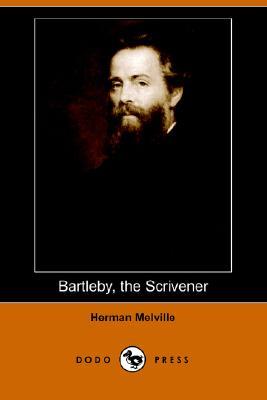This week I participated in a read-along of Ernest Hemingway’s The Old Man and the Sea hosted by hamlettethedame over at The Edge of the Precipice. In her discussion questions, she presented an interesting quote by Hemingway:
There isn’t any symbolysim [sic]. The sea is the sea. The old man is an old man. The boy is a boy and the fish is a fish. The sharks are all sharks no better and no worse.
In reading the short novel, I have to take Hemingway at his word. From the cuts on the old man’s hands to the slamming of his face against the floor of his skiff to the powerful jumps of the mighty fish, the physical world takes center stage – and for this story, that’s more than enough. The beauty and ferocity of the ocean come from its physicality. The reader understands Santiago’s old age through his physical pain during his struggle with the fish.

Some of Santiago’s struggle does manifest itself in more mental and emotional characteristics; however, I would still have to say the friendship between Santiago and Manolin, the young boy, is a friendship. As the old man continuously wishes for the boy’s presence, the reader understands Santiago’s loneliness – but it’s loneliness, not something representational or symbolic. The struggle is a struggle:
He took all his pain and what was left of his strength and his long gone pride and he put it against the fish’s agony and the fish came over onto his side and swam gently on his side, his bill almost touching the planking of the skiff and started to pass the boat, long, deep, wide, silver and barred with purple and interminable in the water.
I think the struggle between Santiago and the fish can be understood as universal which is probably why the novel is considered great; however, for me, the bottom line is that The Old Man and the Sea is a very real story.
And as a side note, I don’t remember from my first reading (which was a while ago) that Santiago was such a DiMaggio fan. His baseball references were memorable:
But I must have confidence and I must be worthy of the great DiMaggio who does all things perfectly even with the pain of the bone spur in his heel.




 l
l

